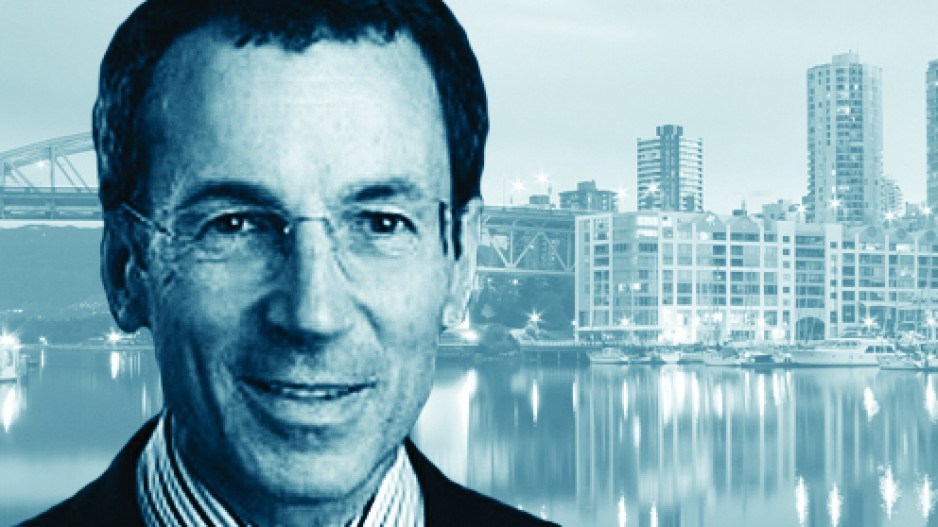Aside from all the other issues bubbling in the media mix, what do pipeline expansions mean to Canada’s need to cut emissions 80% below 2005 levels by 2050 to meet the Paris agreement targets (the latest target, just released by Environment and Climate Change Canada)? Or, to put it another way, to avoid catastrophic impacts on our children’s lives?
They mean we won’t be able to do it.
Total emissions from all economic activities in Canada are expected to grow over the next five years, with two-thirds of that growth driven by oilsands emissions.
That would dump a responsibility for a 49% reduction in emissions between 2020-2030 entirely on the non-oil and gas sector: transportation, electricity generation, buildings, industry, agriculture and waste. That just isn’t going to happen.
We all agree on the need for jobs and redressing the pain of transitioning workers, but there are thousands of jobs outside the oil and gas sector affected by pipeline expansion. Here’s one small example: As we kick off another ski season in B.C. and Alberta with a pleasantly surprising early season dump of snow, let’s not forget that all winter tourism jobs are on the line as growing emissions ramp up the earth’s temperature.
“Global warming stands to wipe out more than half of Canada’s ski season later this century, with few exceptions,” says the David Suzuki Foundation’s 2009 On Thin Ice report. “Even with massive [expensive and energy-consuming] snowmaking efforts, many ski resorts would experience fewer than 100 days of reliable conditions each year, widely considered as the minimum threshold for financial viability, and would likely be forced to close.”
Look at all the forest industry jobs we’ve already lost to the pine beetle infestation, and the jobs being lost in the local shellfish industry because the oceans have become too acidic. Not to mention the billions of dollars we are spending on fighting forest fires, and raising dikes and cleaning up after floods.
Expanding fossil fuel pipelines means committing to feed them for the multi-decade life of the investment. Railroad transportation of oil is far more dangerous, of course, in the short run, but it can be turned off tomorrow if the demand dwindles.
Investing in fossil fuel expansion also means turning away from other business opportunities. That’s what recently persuaded 60-plus business and other leaders to call for “bold and timely action to meet Canada’s climate commitments and accelerate the shift to clean growth,” a mindset described by the Smart Prosperity Institute as “enlightened self-interest.”
(Bloomberg just reported that the number of U.S. jobs in solar energy overtook oil and gas extraction jobs for the first time last year; solar power installations have doubled every two years since 1970.)
Then we hear this: “The notion that the global environment will be in better shape if Canada abandons plans to sell oil and gas to customers abroad is wholly unconvincing,” counters Business Council of British Columbia executive vice-president Jock Finlayson, arguing in favour of more pipelines.
This is embracing the tragedy of the commons with the drug dealer response: “If I don’t sell it, someone else will.”
We and 196 other nations turned that corner in Paris. The federal government’s moves to impose a federal carbon price, phase out coal power and power all its operations with 100% renewable energy by 2025 are all heading in the right direction, but they’re run off the road by expanded infrastructure for LNG and bitumen exports.
Can we have expanded oil and gas exports and meet our national commitments to greenhouse gas emission reductions? No. As University of British Columbia professor Kathryn Harrison told the Ministerial Panel on the Trans Mountain Expansion Project:“To embrace the economic viability of this project is to self-consciously make an economic bet on a world of catastrophic climate change that the Government of Canada itself has explicitly committed to avoid.”
We should stick to that commitment – in our own interests and in the interests of our upcoming generations. •
Peter Ladner ([email protected]) is a co-founder of Business in Vancouver. He is a former Vancouver city councillor and former fellow at the SFU Centre for Dialogue. He is the author of The Urban Food Revolution




